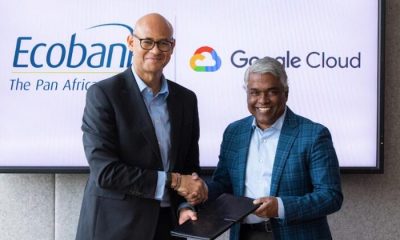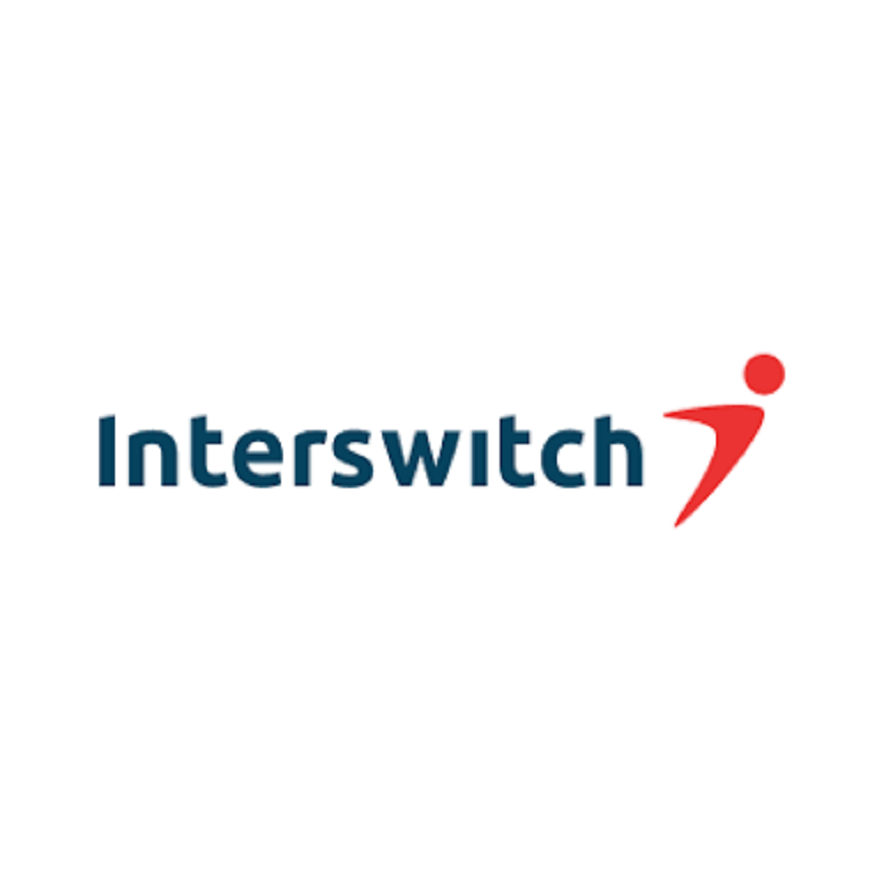Economy
Adebola Sanni Suggests Solution to Africa’s Financial Inclusion Problems

By Aduragbemi Omiyale
The co-founder of Infibranches Technologies, Ms Adebola Sanni, has disclosed that if Africa is to overcome financial inclusion and sustainability challenges in the area of affordable and reliable power supply needed to drive the growth of local economies, it must embrace financial technology (Fintech).
Ms Sanni, who is also the Group Head, Business Development & Partnerships at Swifta Systems and Services, stated that, “Fintech has increasingly provided innovative ways to address existing gaps in the availability, accessibility and use of finance particularly among the unbanked population.”
“By leveraging the proliferation of technology, agent banking and mobile money solutions now offer affordable, instant, and reliable transactions, savings, credit across rural communities where no bank had ever established a branch,” she added.
“Similarly, about 75 million Nigerians who mostly fall within the financially underserved or excluded demography live without reliable electricity access as the existing electrical grid serves largely the country’s urban population,” the energy expert also said.
Financial inclusion and provision of sustainable energy is at a turning point in Africa’s largest economy, Nigeria. With a population of over 200 million, about 50 per cent of the total population live in rural areas, and only 39 per cent of those living in rural communities have access to electricity. This is in addition to over 40 per cent of the entire population who are financially excluded or underserved.
However, the proliferation of digital financial services in Nigeria – powered largely by growth in fintech companies – has catalysed an unparalleled increase in the current number of people with access to formal financial services, while further opening up opportunities to address power supply challenges across rural communities; a major feat instrumental towards achieving the broad Sustainable Development Goal 7. With over 200 fin-tech companies in operation within its borders, Africa’s largest economy has found a way to target and capture over 40 per cent of its financially excluded or underserved population.
“We understand how pivotal the provision of sustainable power is to driving growth of local economies in rural communities and by extension the need to boost financial services penetration across these communities.
“These are both enablers for catalysing positive transformation and driving sustainable economic progress across the country,” Ms Sanni, a leading business strategist and technology consultant, stated, stressing that, “To address these challenges, we believe distributed energy solutions that leverage digital payments will open up opportunities to reach the underserved market at low cost.”
Speaking further, she said, “We partnered NGOs, including Shell Foundation, USAID, to extend agent networks together with off-grid energy providers in 2019 where we set up about 200 agent locations across Nigeria, identifying communities across the rural and peri-urban regions with needs for both power and financial services.
“We also partnered with renewable energy companies such as Green Light Planet (Sun King), D.Light Solar, Sosai, PAS BBoxx, Konexa to set up payment points necessary to expand access to highly subsidized power for such communities.
“This solution provides affordable home solar systems to rural communities with an affordable and convenient payment structure where beneficiaries pay as low as N500 (less than $2 dollar a month) which allows for people to pay off the cost in a year to fully own the solar equipment.”
To date, over 400,000 people have been impacted across 22 States and 108 local government areas in Nigeria through various initiatives supporting energy access, especially in rural areas.
The addition of the Solar Power Naija project by the Federal government initiative under the Economic Sustainability Plan (ESP) and managed by REA, for off-grid communities, will further expand energy access to 25 million individuals through the provision of Solar Home Systems (SHS) or connection to a mini-grid. This is a good initiative to help expand energy access faster.
One of the success stories underpinning how providing innovative energy solutions can transform communities is the Havenhills mini-grid project in Kigbe community located in Kwali Local Government Area Council, Abuja.
Before executing the project, the Kigbe community with geographical limitations had no electricity as they were completely off-grid. The project upon completion delivered a 20KW solar enabled mini-grid through 3km 3-phases and 1-phase grid lines to 145 homes, enabling them to power basic electrical appliances such as light bulbs, fans and TVs. The project also supports 5 local businesses including a barbing salon, grocery store and viewing centre.
As part of creating sustainable economic empowerment, Ms Sanni, who has a strong passion for financial inclusion and energy access, has facilitated the implementation of a pioneer digital infrastructure that supports micro insurance, pension and savings providers and the first API infrastructure that aggregates renewable energy products and services making them accessible to any payment service providers, banks and other financial and non-financial institutions.
She is vastly experienced in driving growth, creating market-focused products and providing innovative solutions to businesses in fintech, e-commerce, telco and private/public sectors as well as creating partnership opportunities for growth.
Economy
Nigeria Renews Push for West African Single Currency as ECOWAS Hold Talks
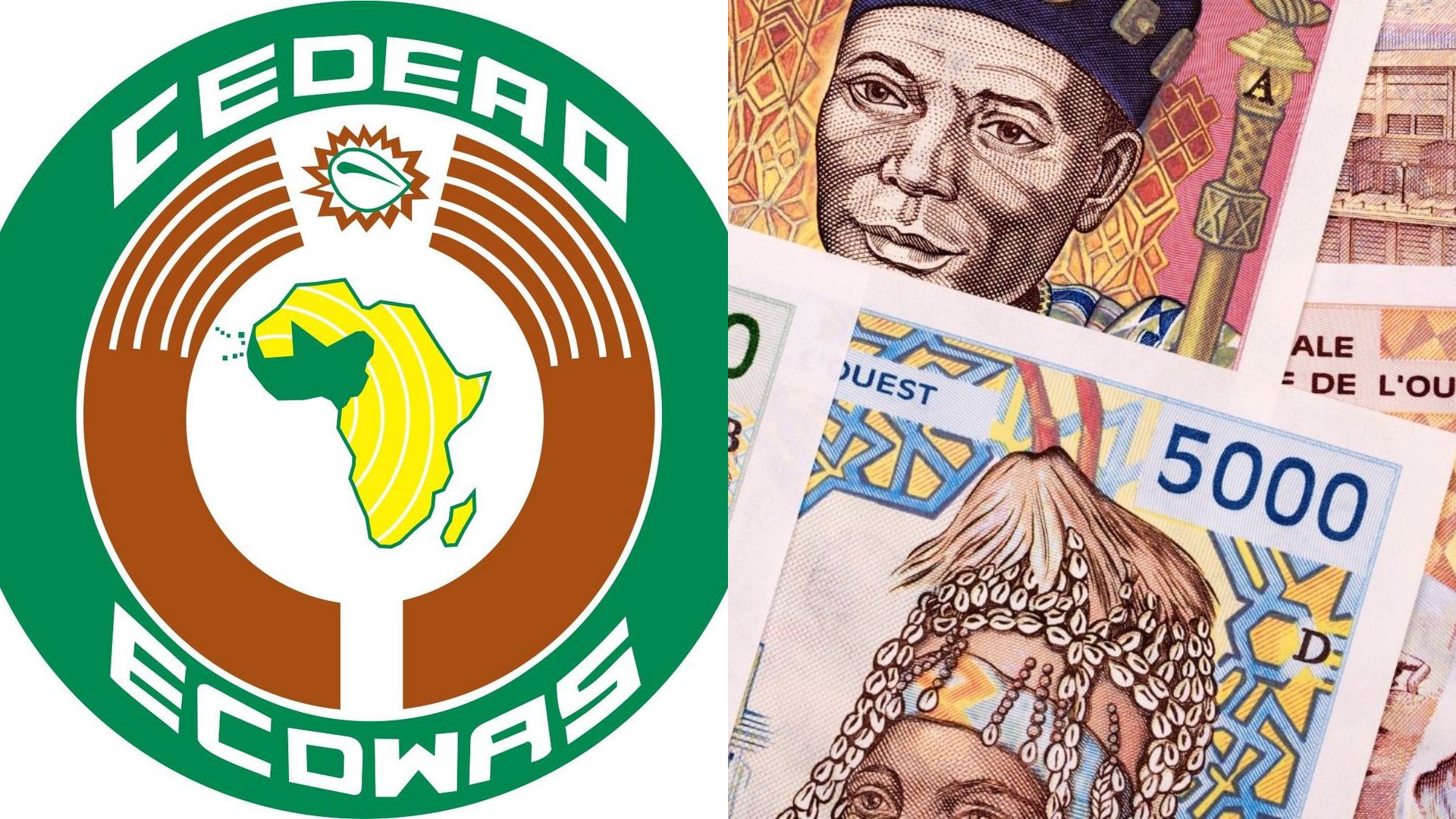
By Adedapo Adesanya
Nigeria is stepping up engagement toward the creation of a regional single currency, following fresh consultations among West African monetary authorities, following constant delay of achieving the goal.
In an update by the Central Bank of Nigeria (CBN) via its X handle, the Governor of the apex bank, Mr Yemi Cardoso, led the country’s delegation to the Committee of Governors meeting held in Monrovia, Liberia, where policymakers reviewed progress and renewed discussions on establishing the long-proposed single currency known as the Eco.
Last year, the West African bloc announced that the single regional currency would be launched by 2027 to foster greater economic integration among member states by facilitating trade through a unified payment system, enhancing price stability and reducing inflationary pressures.
In the latest development, the CBN statement noted that the Nigerian delegation also included Deputy Governor (Economic Policy), Mr Muhammad Sani Abdullahi.
“The meeting formed part of statutory engagements jointly organised by the Economic Community of West African States alongside the West African Monetary Agency, the West African Monetary Institute, and the West African Institute for Financial and Economic Management. The consultations brought together financial regulators and economic policymakers across the sub-region to assess convergence benchmarks required for launching the unified currency”, the apex bank said.
The Eco project is designed to deepen economic integration among ECOWAS member states by providing a common legal tender that would facilitate cross-border trade, enhance price transparency and reduce transaction costs tied to multiple currency exchanges. The initiative has been under discussion for over two decades but has experienced repeated postponements as member countries struggle to meet strict macroeconomic convergence criteria.
The apex bank noted that the meeting focused on evaluating member states’ performance against key economic indicators. These include inflation rate ceilings, fiscal deficit thresholds relative to gross domestic product, and foreign reserve adequacy, all considered critical safeguards for ensuring stability within a potential monetary union.
Despite many delays, ECOWAS latest move shows it may be aligning with Nigeria’s Minister of Foreign Affairs, Mr Yusuf Tuggar, saying last year that member states have started attaining benchmarks to see the goal actualised.
Economy
NCS Denies Manipulating FX Rates in Import, Export Valuation
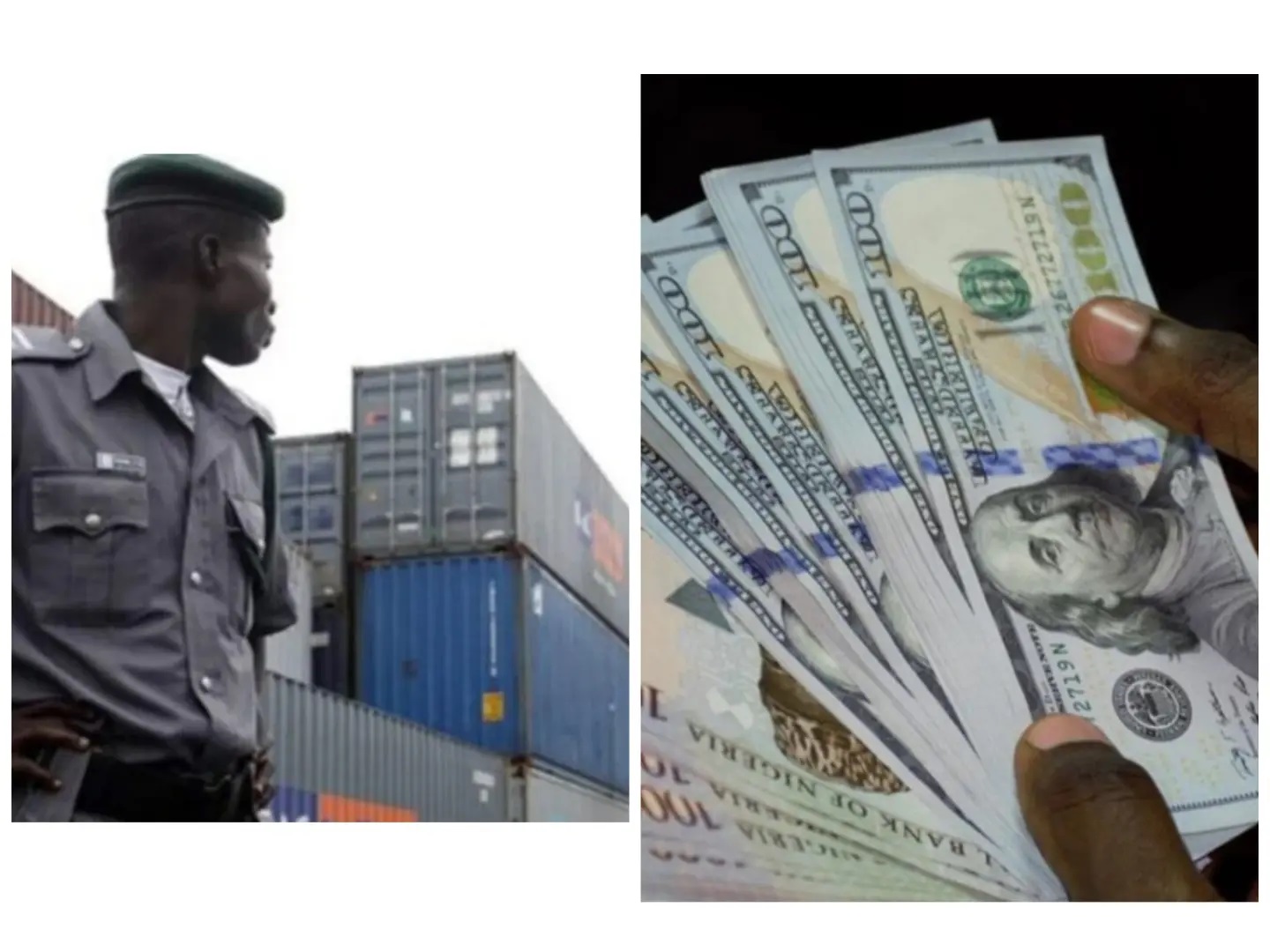
By Adedapo Adesanya
The Nigeria Customs Service (NCS) has clarified how foreign exchange rates are applied in its import and export valuation, saying it neither determines nor alters rates used in cargo clearance.
The service, in a statement by its National Public Relations Officer, Mr Abdullahi Maiwada, explained that it relies solely on official figures transmitted by the Central Bank of Nigeria (CBN).
Mr Maiwada stated that recent public commentary surrounding forex pricing, investor reactions, and customs valuation had prompted NCS to explain the operational framework guiding its digital clearance platform.
“It is worthy of note that the reported exchange rate of N1,451.63/US$ for February 6, 2026 did not originate from the B’Odogwu system.
“That figure was sourced from trade.gov.ng, a legacy public trade information portal that does not reflect live Customs processing data,” it stated.
According to him, all exchange rates used in trade processing are automatically integrated into its Unified Customs Management System, known as B’Odogwu, which it described as the sole official portal for declarations, clearance, and valuation.
“It is important to provide factual clarification on how exchange rates are received, processed, and applied within the NCS digital clearance system, B’Odogwu, a Unified Customs Management System which serves as the sole official platform for Customs declarations, clearance, and valuation,” the statement reads.
The NCS spokesman said the Service receives rates electronically from the apex bank and applies them uniformly across commands nationwide, ensuring transparency, predictability, and compliance with statutory fiscal and monetary policies.
He argued that NCS does not generate or manipulate exchange rates under any circumstances.
Instead, it explained that the platform operates structured data-integration protocols designed to ingest and apply exchange-rate feeds exactly as transmitted.
“For the avoidance of doubt, the Nigeria Customs Service does not independently determine, generate, alter, or apply margins to foreign exchange rates used for import and export valuation.
“All exchange rates applied within the B’Odogwu platform are official rates electronically transmitted by the Central Bank of Nigeria, which remains the competent authority for exchange rate determination under Nigeria’s monetary framework,” Mr Maiwada added.
Economy
Dangote Gets $400m Chinese Construction Equipment for Refinery Expansion
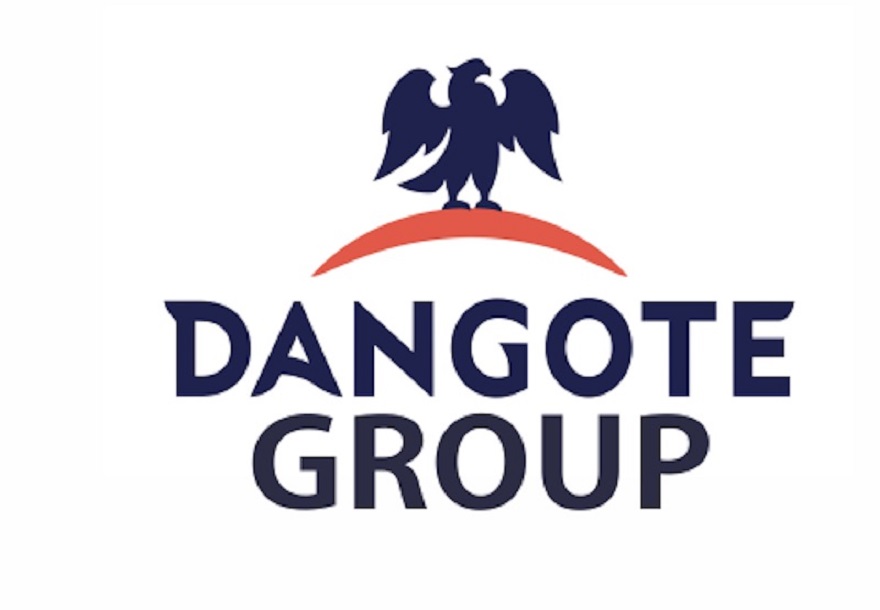
By Aduragbemi Omiyale
To fast track the expansion of its Lagos-based refinery, Dangote Group has sealed a $400 million construction equipment deal with one of the leading manufacturers of construction machinery in China, XCMG Construction Machinery Company Limited.
A statement from the conglomerate disclosed that beyond refining, the expansion programme will see polypropylene production increase from 900,000 metric tonnes per annum to 2.4 million metric tonnes per annum.
Urea capacity in Nigeria will be tripled from 3 million to 9 million metric tonnes per annum, in addition to the 3 million metric tonnes per annum capacity in Ethiopia, strengthening the Group’s position as the largest urea producer globally.
There are plans to expand the Dangote Petroleum Refinery and Petrochemicals from 650,000 barrels per day to 1.4 million barrels per day, positioning it to become the largest refinery in the world.
The Chinese deal will enable Dangote Group to acquire additional wide range of advanced construction equipment to support ongoing and forthcoming projects across refining, petrochemicals, agriculture and large-scale infrastructure development. The new equipment will complement existing assets deployed for the refinery expansion, which is expected to be completed within three years.
Production capacity for Linear Alkyl Benzene (LAB) will also be increased to 400,000 metric tonnes per annum, positioning the Group as the largest producer in Africa and strengthening supply to the detergent and cleaning agents manufacturing industry. Additional base oil production capacity also forms part of the broader expansion programme.
Dangote Group described the agreement as a strategic investment aimed at deepening its construction footprint and accelerating its ambition to build a $100 billion enterprise by 2030.
“The additional equipment we are acquiring under this partnership will significantly enhance execution across our projects. With this investment, we are positioning ourselves to become the number one construction company in the world,” it stated.
-

 Feature/OPED6 years ago
Feature/OPED6 years agoDavos was Different this year
-
Travel/Tourism10 years ago
Lagos Seals Western Lodge Hotel In Ikorodu
-

 Showbiz3 years ago
Showbiz3 years agoEstranged Lover Releases Videos of Empress Njamah Bathing
-

 Banking8 years ago
Banking8 years agoSort Codes of GTBank Branches in Nigeria
-

 Economy3 years ago
Economy3 years agoSubsidy Removal: CNG at N130 Per Litre Cheaper Than Petrol—IPMAN
-

 Banking3 years ago
Banking3 years agoSort Codes of UBA Branches in Nigeria
-

 Banking3 years ago
Banking3 years agoFirst Bank Announces Planned Downtime
-

 Sports3 years ago
Sports3 years agoHighest Paid Nigerian Footballer – How Much Do Nigerian Footballers Earn




